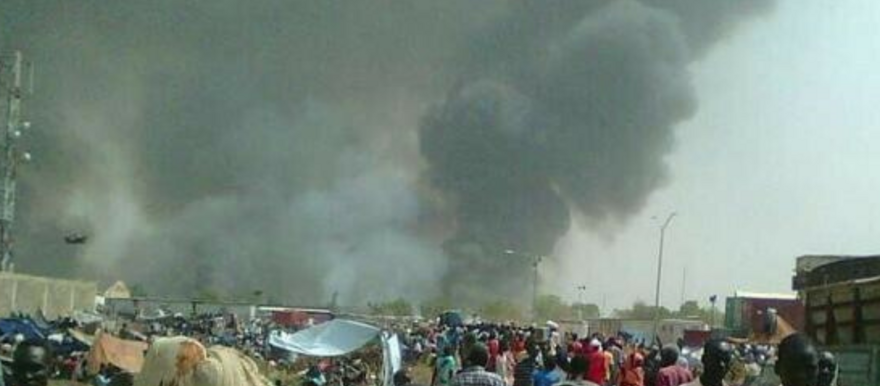The UN’s acting Humanitarian Coordinator in South Sudan has said the humanitarian community in the country is appalled by the continuous violence that has a devastating impact on the lives and livelihoods of ordinary women, men, and children.
In a press statement Wednesday, Peter Van der Auweraert said those vulnerable who are already affected by the dire humanitarian situation in the country suffer the most.
“Over 9,100 people have been displaced following the recent surge in violence in Fashoda County, Upper Nile State, the clashes which broke out in mid-November between armed elements have also resulted in civilian deaths and injuries, the abduction of women and children, destruction of properties and livelihoods, with reports of incidences of gender-based violence,” the statement said. “Over 2,300 people arrived at the Malakal Protection of Civilians (POC) site since the start of the crisis.”
The UN says this surge of new arrivals puts additional pressure on the already limited capacity of partners to provide services to support them, with limited space for them to stay.
“As the conflict extended, an estimated 5,000 people displaced to Melut County from Manyo County,” the statement read. “According to local responders, at least 75 percent of the newly displaced are women and children, with many children separated from their caregivers.”
There are also reports of a significant number of people crossing into Sudan, while others are hiding in swamps.
“Humanitarian partners are working tirelessly, around the clock, on multiple frontlines to provide the newly displaced people with critical supplies and services,” said Van der Auweraert. “People need food, access to water, sanitation and hygiene facilities, primary healthcare, protection, mental health, and psychosocial support.”
The ongoing insecurity is hampering the ability of humanitarian partners to deliver life-saving assistance to thousands of people and has forced partners to put much-needed assessment missions on hold.
According to the UN, in some areas, the violence has resulted in the relocation of humanitarian workers, looting of humanitarian facilities and supplies, and movement restrictions across Fashoda and Manyo counties.
“Hostilities must cease immediately to reduce human suffering and prevent further loss of innocent lives,” stressed Van der Auweraert.
He urged the government and local authorities to ensure safe and unimpeded access for humanitarian partners to all those in need and called upon the parties to the conflict to cease all violence and in all circumstances act in full respect of international humanitarian law.
The UN says that an estimated 9.4 million of the most vulnerable people in South Sudan will need urgent life-saving assistance and protection in 2023, compared to 8.9 million in 2022.




